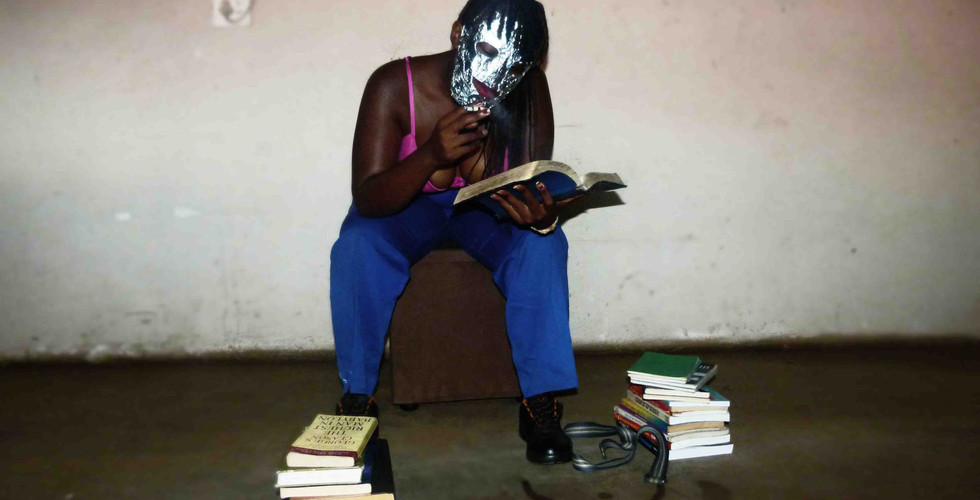IMPILO YE NTOMBI EGOLI
- Jul 21, 2020
- 3 min read
The life of a black girl in Johannesburg
In the years of my upbringing I’ve observed how the effects or certain changes to government policies directly affect the lives of individuals in society. Here in South Africa we are 21 years into democracy and still growing strong in terms of development and economic stability. During the struggle for justice and equality women contributed as much to obtain democracy and the freedom for black people in South Africa. In 1918, Charlotte Maxeke formed the first official women’s organisation (Bantu Women’s League) which resisted the pass laws. On 9 August in 1956, the Federation of South African Women (FEDSAW) organised some 20 000 women who marched to the seat of government, at the Union Building in Pretoria to present a petition against the carrying of passes by women to J G Strijdom who was the prime minister at the time. This march become a yardstick for women empowerment, many women in the 20th century rose from disadvantaged backgrounds and achieved success in many fields.
The story of South Africa black women in the township has been quite interesting; in the black community the idea of women empowerment has been something that is applied by women and not among men. The general idea is that women deserve equal rights and should be treated equally to men, thus women can do the things men do like the jobs that were considered to be men jobs like mining, building roads, gardening, and leadership like business management, society, religious, and parliamentary leadership. This was quite a good idea and a fair system up until the late 20th Century where women started undervaluing men because they could now provide for themselves and do everything on their own without the assistance of men. Now men on the other hand still believed that women had to be “put to their place”, restricted and stripped off of these privileges because of how women started treating them, which resulted in numerous reports of violence on women and their being mistreated within their homes not just that but extreme violence. Then began the great awareness initiatives, and the pop-up organisations that were formed against women abuse like POWA (People Opposing Women Abuse); WAWA (Women against Women Abuse) and other initiatives like 16 days of Activism against Women and Children Abuse.
From my observation, a lot of women feel they are dominant after they graduate and get high paying jobs. The way they treat man of a lower social class is very similar to that of a middle class man who undervalues women of a lower social status. Power relations has a lot to do with financial matters, in marriage the idea is that the man is the provider, now due to the change in social policies and the general human behavior women now earn more wages than their husbands and sometimes the man can only afford so much so this affects the inner business of marriage and thus power relations end up affecting the whole relationship. The way things have changed in society there isn’t a need for a male to act like a gentlemen because most women would find that weird because they are not used to that kind of treatment for unknown reasons.
In the images I present here, it is a abstract depiction of how women have lost their dignity, self-respect and the role to love and nurture their families. They believe their new self is one that needs no guidance from anybody, they underdress and expect to be respected. They say they want a real man while they’re wearing fake hair and make up. We see all things going wrong in society and never facing the elephant in the room. “Gender Roles” in the African Context.
Model: Ntombi
Art Director: Sizwe Nyanga
Photo/Grade: Sizwe Nyanga












Comments